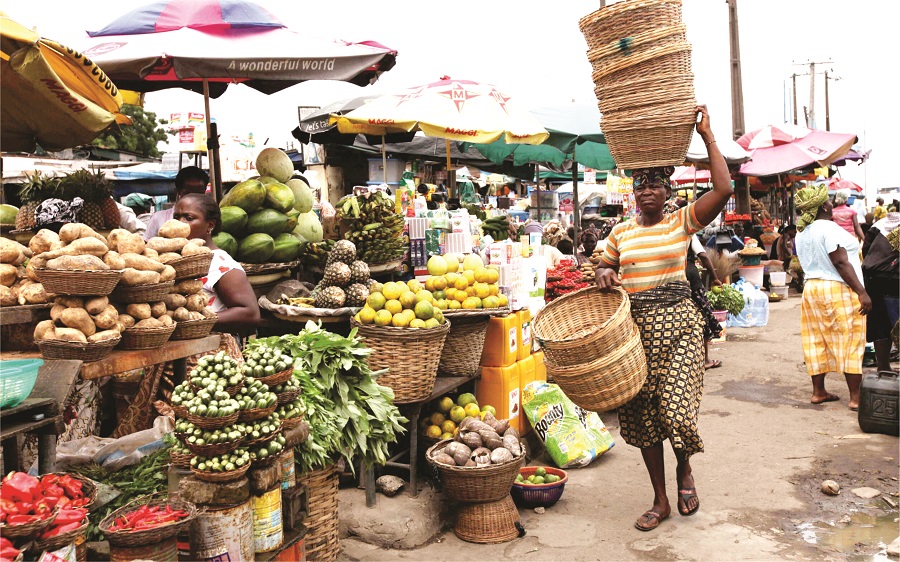AFEX, a prominent player in the African commodity market, presented its 2024 outlook, foreseeing an increase in commodity prices during an event at its Lagos office. The annual report delves into critical socioeconomic factors impacting global and Nigerian commodity markets, offering insights into challenges, opportunities, and forecasts that could shape pricing and volumes for the year.
Globally, commodities faced turbulence in 2023 due to energy scarcity, geopolitical tensions, and financial crises, resulting in a 24% decline from 2022. In Nigeria, the commodities market grappled with inflation and economic reforms, leading to a notable growth decline in the first three quarters of 2023.
The report highlighted maize as the most volatile commodity, reaching a peak price of N550,000/mt by the end of Q3 and closing the year at N480,000/mt. This was attributed to decreased input usage following the Russia-Ukraine crisis, impacting fertilizer prices.
Global Commodity Price Predictions for 2024:
The report suggests a global downward trend in commodity prices influenced by improved supplies and the expiration of certain trade policies. However, the direction of this trend is subject to various factors, including geopolitical events.
Domestic Commodity Price Projections for 2024:
On the domestic front, AFEX anticipates a consistent rise in commodity prices in 2024. Key export commodities like cocoa and sorghum are projected to experience a 50% and 20% increase, respectively.
Key Insights from Vice President Oluwafunto Olasemo:
- Olasemo emphasized the complexity of geopolitical, economic, and environmental factors in 2024, urging continuous monitoring and strategic adaptation.
- The need to enhance domestic agricultural production, streamline trade policies, and establish strategic reserves for food security was stressed.
- Mechanization was identified as a solution to increase agricultural output, but challenges such as accessible lands and equipment need to be addressed by the government.
The report advocates boosting agricultural productivity by adopting sustainable farming practices, including diversified crop rotation to optimize soil capacity and increase income for farmers. Overall, AFEX’s insights provide valuable perspectives for navigating the evolving landscape of commodity markets in Nigeria and globally in 2024.


